Media release: People’s Forest Partnership establishes Interim Executive Committee to drive $20 billion in rights-based climate finance directly to Indigenous Peoples and local communities.
Washington DC 21 June 2022 -Founding members of the Peoples Forests Partnership signed a Constitution Act in Washington DC on 14 June 2022, formally establishing the Partnership’s Interim Executive Committee and decision-making structure and guidelines. Announced on 7 November at the United Nations climate summit (COP26) in Glasgow, the Partnership is driving rights-based climate finance directly to the primary stewards of the world’s remaining natural forests—Indigenous Peoples, traditional landowners, and local communities.
The Peoples Forest Partnership aims to secure commitments for US$20 billion in direct financing per year by 2030 with carbon and other market-based mechanisms beyond carbon. Conservation projects that the Partnership is slated to endorse under their principles include facilitating member Wildlife Works’ financing deal with Hartree to develop 20 community-based forest conservation projects. These will generate US$2 billion in private investment over the next ten years and at least 20 million tonnes per year of Verified Emission Reductions.
Direct voluntary climate investment is crucial to achieving the global climate change goal of limiting planetary warming to 1.5 degrees Celsius. Indigenous and local communities manage about 50 percent of the world’s land and more than one-fifth of forest carbon.
“If we are going to achieve the goals of the Paris Agreement and prevent the most devastating effects of climate change, we must have the full participation of the guardians of the world’s forests and recognition of their rights,” said Beto Borges, Director of the Communities and Territorial Governance Initiative at Forest Trends. “We designed the Peoples Forest Partnership to help meet this need.”
In Glasgow, more than 100 countries signed a landmark agreement to end and reverse deforestation by 2030 and pledged US$19.2 billion. In addition, governments and philanthropists committed US$1.7 billion in direct funding for indigenous and traditional communities for forest conservation. Yet, until now, mechanisms have been lacking for directly transferring carbon payments to indigenous and local communities that are built on a foundation of safeguards and standards to protect their cultures. Indigenous and local partners have been calling for such a mechanism, stating that other programs have not sufficiently engaged them in the development of safeguards and best practices.
Led by an Interim Executive Committee with 50 percent representation by Indigenous Peoples’ and local communities’ organizations and 50 percent women, the Partnership has already developed a set of Principles to guide direct investment in carbon offsets and conservation. The Principles, released today, were authored and endorsed by the Indigenous and local community representatives present at the meeting.
The Principles ensure that companies obtain the free, prior, and informed consent (FPIC) of Indigenous Peoples and local communities for all carbon and conservation contracts and activities. All Members of the Peoples Forests Partnership must also commit to providing fair and equitable benefits to Indigenous Peoples and local communities in ways that allow their governing bodies to invest their revenues according to their own self-determined priorities, traditional knowledge, cultures, and spiritual practices.
“The Peoples Forests Partnership is a unique platform,” said Francisca Arara, President of the Regional Committee for Indigenous Peoples and Traditional Communities, Governors’ Climate and Forests Task Force in the State of Acre, Brazil. “It facilitates the development of relationships that deliver community-based, values-driven climate and conservation finance directly to our indigenous and local communities.”
The Peoples Forests Partnership aims to support COP26’s “no-deforestation by 2030 goal”, and functions as a private sector-focused counterpart to government and donor commitments.
“We want to fill the need for financing guidance and governance criteria,” said Deborah Sanchez from the Mesoamerican Alliance of Peoples and Forests. “This enables companies and other investors that want to do the right thing to partner with Indigenous Peoples and local communities on projects that align with their rights to territories and economic self-determination, as well as their cultural traditions.”
The founding members of the Peoples Forests Partnership, with seats on the Interim Executive Committee, include three organizations representing Indigenous Peoples and local communities, two non-profit international organizations, and three private sector entities:
- Alianza Mesoamericana de Pueblos y Bosques (AMPB)
- Center for Indigenous Peoples’ Research and Development (CIPRED)
- Everland
- Forest Trends
- Greencollar
- Organización Nacional de los Pueblos Indígenas de la Amazonía Colombiana (OPIAC)
- RECOFTC
- Wildlife Works
For more information on the Peoples Forests Partnership and/or to express your interest in joining, visit peoplesforestspartnership.org







